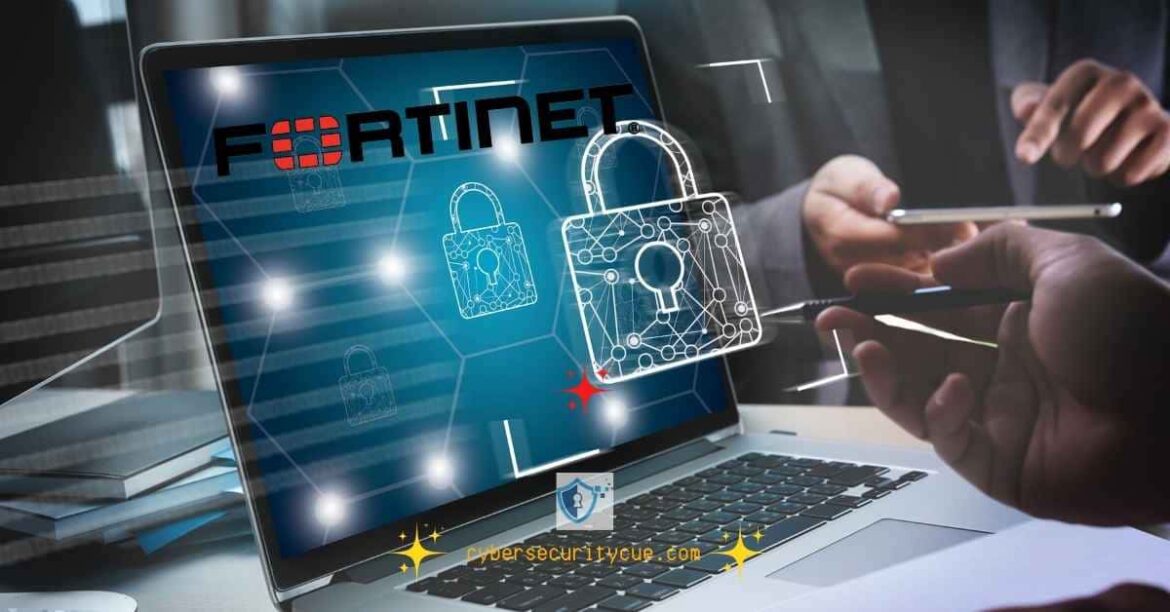Table of Contents
The Fortinet Critical Vulnerability Patch for FortiWLM addresses a severe security flaw, CVE-2023-34990, that could lead to unauthorized administrative access and system exploitation.
This vulnerability, rated 9.6/10 on the CVSS scale, allows attackers to read sensitive files, execute commands, and hijack sessions. Fortinet’s advisory emphasizes the urgency of applying the patch to safeguard against these threats.
Fortinet’s advisory highlights the risks and provides detailed instructions for mitigation.
Key Takeaway to Fortinet Critical Vulnerability Patch:
- Immediate patching is essential to prevent the exploitation of CVE-2023-34990 and other related vulnerabilities in FortiWLM and FortiManager systems.
Overview of CVE-2023-34990
Fortinet has identified and patched a critical security vulnerability, CVE-2023-34990, affecting its Wireless LAN Manager (FortiWLM).
This flaw, described as a relative path traversal issue, can allow remote, unauthenticated attackers to access sensitive files and potentially execute unauthorized commands via crafted web requests.
The vulnerability impacts specific versions of FortiWLM:
| Affected Versions | Fixed Versions |
|---|---|
| FortiWLM 8.6.0 to 8.6.5 | Fixed in 8.6.6 or later |
| FortiWLM 8.5.0 to 8.5.4 | Fixed in 8.5.5 or later |
Exploitation Pathways
The flaw involves a lack of input validation in the FortiWLM system. Exploiting the vulnerability, attackers can craft requests to the /ems/cgi-bin/ezrf_lighttpd.cgi endpoint, accessing log files and session IDs.
This enables:
- Session Hijacking: Static session IDs between user sessions allow attackers to hijack accounts and gain administrative privileges.
- Command Execution: By combining CVE-2023-34990 with CVE-2023-48782 (an authenticated command injection flaw), attackers could achieve remote code execution with root privileges.
These issues underscore the importance of immediate patching to protect against escalating threats.
Additional Vulnerabilities in FortiManager
In addition to FortiWLM, Fortinet has addressed a high-severity command injection vulnerability (CVE-2024-48889) in FortiManager.
This flaw allows authenticated attackers to execute unauthorized code through FGFM-crafted requests.
| FortiManager Versions | Fixed Versions |
|---|---|
| 7.6.0 | Fixed in 7.6.1 or later |
| 7.4.0 to 7.4.4 | Fixed in 7.4.5 or later |
| 7.2.3 to 7.2.7 | Fixed in 7.2.8 or later |
| 7.0.5 to 7.0.12 | Fixed in 7.0.13 or later |
| 6.4.10 to 6.4.14 | Fixed in 6.4.15 or later |
Fortinet noted that older models with enabled “fmg-status” are particularly susceptible, necessitating prompt updates.
Expert Insights on Fortinet’s Advisory
Zach Hanley, a security researcher credited for discovering CVE-2023-34990, elaborated on its impact.
“This vulnerability allows attackers to bypass critical validations, accessing system log files and leveraging static session IDs for administrative control,” he said.
The exploitation risk amplifies when paired with additional vulnerabilities, creating a pathway for attackers to compromise entire systems.
Importance of Timely Updates
Fortinet devices have become prime targets for cyberattacks. Regular updates are critical to addressing evolving threats and maintaining system integrity.
Fortinet has reiterated its commitment to user safety, urging the immediate deployment of the Fortinet Critical Vulnerability Patch to affected systems.
About Fortinet
Fortinet is a global leader in cybersecurity solutions, offering advanced technologies to secure networks, devices, and applications. Its commitment to robust defense mechanisms ensures comprehensive protection against cyber threats.
Rounding Up
The Fortinet Critical Vulnerability Patch highlights the importance of proactive cybersecurity. With threats targeting vulnerabilities like CVE-2023-34990, organizations must act swiftly to protect their systems.
Fortinet’s advisories provide a roadmap for mitigation, ensuring enhanced security for users worldwide.
FAQs
What is CVE-2023-34990?
- It’s a critical vulnerability in FortiWLM that allows unauthorized file access and command execution.
Which versions of FortiWLM are affected?
- Versions 8.6.0 to 8.6.5 and 8.5.0 to 8.5.4 are impacted, with fixes available in later versions.
What should users do to mitigate the risk?
- Apply the patches provided by Fortinet for FortiWLM and FortiManager immediately.
Why is session hijacking a concern?
- Static session IDs allow attackers to reuse sessions, gaining unauthorized administrative access.
Are there other vulnerabilities addressed?
- Yes, Fortinet also patched CVE-2024-48889 in FortiManager, which allows command injection.





